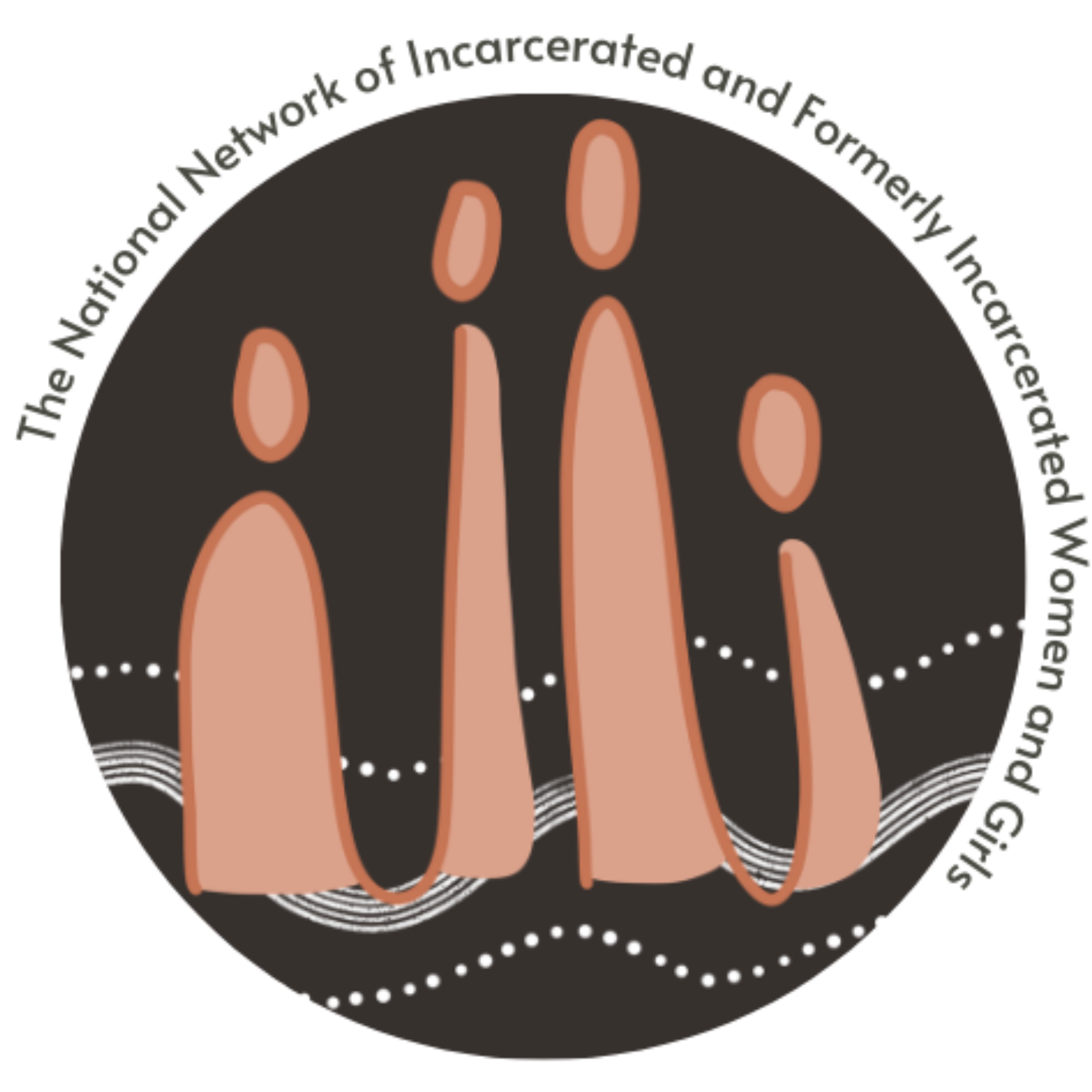The National Network express our profound condemnation of the Queensland Police Service’s (QPS) actions during the NAIDOC Week family fun day in Inala.
‘It has come to our attention that the QPS organised an activity at the NAIDOC event involving a police paddy wagon, where Aboriginal children were invited to hop in the back of the vehicle presumedly for the ‘fun’ of it,’ said Debbie Kilroy. ‘Even more egregiously, this activity was facilitated by the Police Liaison Officers, positions established as part of recommendation 231 of the Royal Commission into Aboriginal Deaths in Custody for ‘improving relations between police and Aboriginal people,’’ aid Debbie Kilroy.
‘This activity is not only deeply inappropriate but also a stark reminder of the ongoing trauma and systemic issues faced by Aboriginal communities,’ said Debbie Kilroy. ‘The normalisation of incarceration, particularly for children, is an abhorrent misuse of the responsibility bestowed upon the QPS by the State to keep all of its citizens safe,’ said Debbie Kilroy. ‘For most in the Aboriginal community, the sight of a paddy wagon is a painful symbol of loss, trauma, and injustice. It is a grim reminder of fellow community members who have been brutalised in police custody, or loved ones who have died in custody, and the continuing fight for justice in this colony,’ said Debbie Kilroy.
Institute of Collaborative Race Research Director and community member, Professor Chelsea Watego was in attendance at the Inala NAIDOC Family Fun Day and raised concerns with the Police Liaison Officers who were facilitating the activity.
‘It was brought to my attention from a concerned community member that the Queensland Police stall was a paddy wagon in which our kids got the experience of being locked up in it. I went straight over and asked the Police Liaison Officer (PLO) what they were thinking doing this to our kids. The PLO was a non-Indigenous person and was quite dismissive of the concerns I had raised regarding the insensitivity and indignity of this activity for Aboriginal and Torres Strait Islander children and their families,’ said Professor Chelsea Watego. ‘I asked her if she was aware of how her position of PLO came about, to which she replied she thought it had something to do with Indigenous people. It struck me that I would have to educate her as to the Royal Commission into Aboriginal Deaths in Custody, and what the function of her role as her PLO should be,’ said Professor Chelsea Watego.
‘This activity is inappropriate for any child as an engagement or educational activity by police officers or police liaison officers. The act of enlisting Aboriginal and Torres Strait Islander children to cosplay as criminals serves no other function than to normalise state-sanctioned violence,’ said Professor Chelsea Watego. ‘This is particularly significant given the Queensland Government has twice suspended the Human Rights Act to enact legislation that will see more and more Indigenous children locked up. That Police Liaison Officers are being used as the public relations arm for this violence is outrageous. It is less than two years since an independent inquiry found a widespread culture of racism among the Queensland Police Service and it is clear that the QPS in sanctioning this activity lack the capacity to change it,’ said Professor Chelsea Watego.
The Institute of Collaborative Race Research (ICRR) were commissioned to provide expert evidence to the Independent Commission of Inquiry into Queensland Police Service responses to family and domestic violence specifically examining police responses to Indigenous victims of violence 1 . In the report, the ICRR concluded:
“Overall, more oversight, surveillance, training, information, statistics, laws, police powers, women officers, Indigenous liaisons, welfare quarantining – in short, more and better state authority – is always seen as the solution to harm experienced by Indigenous people. As noted above, the state generally positions Indigenous peoples as responsible for their own suffering. Even when the state identifies its own part in causing harm, its solution is still the extension of the very powers that precipitated that harm. There is never a questioning of the value of intrusive state ordering of Indigenous lives.”
‘Since this inquiry, which found a widespread culture of racism, the only action QPS has taken has been to disband the Indigenous Advisory Committee for speaking out against racism. We therefore must question not only the role of the QPS in NAIDOC Week, but the intrusive state ordering of Indigenous lives more broadly,’ said Professor Chelsea Watego. NAIDOC Week is a time to celebrate the history, culture, and achievements of Aboriginal and Torres Strait Islander peoples. It is a moment for recognition, reflection, and progress. The QPS’s actions are a flagrant disregard for the significance of this week and an insult to the very people it is meant to honour. ‘We must remain vigilant and relentless in our pursuit of justice, equity, and respect for Aboriginal and Torres Strait Islander peoples. This incident is another reminder of the ways that the police disrupt, brutalise and harm many of our marginalised communities and why we must divest from funding harmful institutions,’ said Debbie Kilroy.
The National Network demand an immediate apology from the QPS to the Aboriginal community and call for a thorough review of the actions taken during the NAIDOC Week event.
Furthermore, we urge the Queensland State Government to engage in meaningful dialogue with Aboriginal communities to ensure such disrespectful and harmful actions are never repeated.
For further comment, please contact Institute of Collaborative Race Research Director and community member, Professor Chelsea Watego or Debbie Kilroy on 0419 762 474
